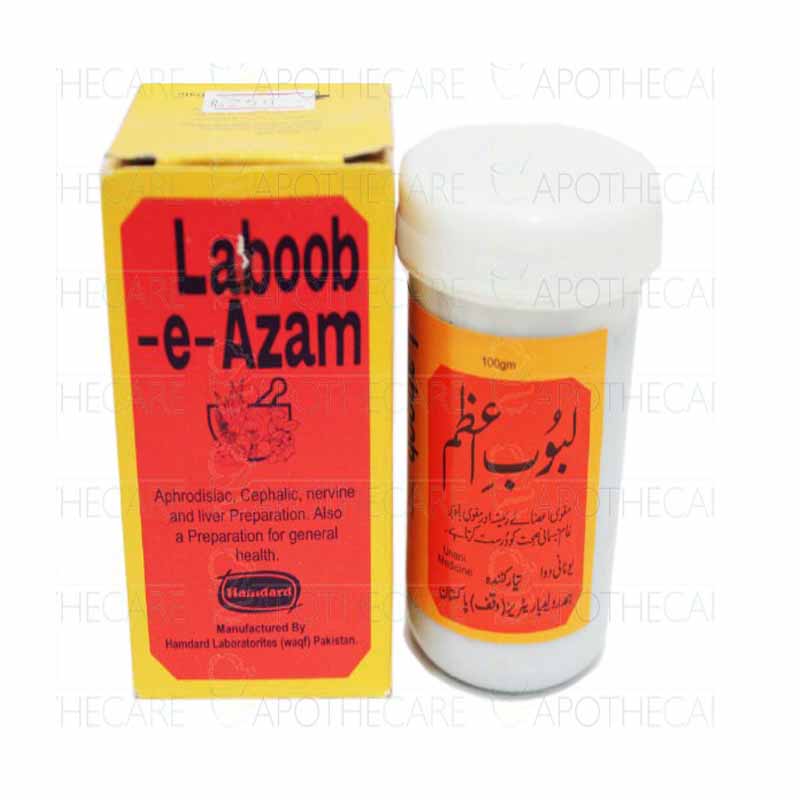Description
Rose petals are used in making rose oil that is steam distilled by crushing. The byproduct of steam distillation is rose water, which is an excellent relaxing agent, soothes the nerves and adds flavor to a variety of dishes across the world.Rose water is an effective astringent that reduces swelling of capillaries beneath the skin.Rose petal tea is efficient in cleansing the gallbladder and liver, and it helps improve bile secretion. Rose water benefits include nourishing the scalp and improving hair growth. It is medicinally used as an antibacterial, antiseptic, and anti-inflammatory product. It is also used to treat dry scaly skin, dermatitis, and eczema.There are no known side effects related to the use of rose water or rose oil; nevertheless, it is best to consult when using any product as a means of treatment. Rose essential oil is used along with carrier oils such as almond or grapefruit to treat various illnesses like hemorrhage, liver problems, nausea, fatigue, ulcers, asthma, dehydration, and bacterial infections of the stomach, colon, and urinary tract.
Constituents
Flavonoids, tannins, citronellol, geraniol, nerol, linalool, phenyl ethyl alcohol, farnesol, stearoptene, α-pinene, β-pinene, α-terpinene, limonene, p-cymene, camphene, β-caryophyllene, neral, citronellyl acetate, geranyl acetate, neryl acetate, eugenol, methyl eugenol, rose oxide
Benefits
-
-
- Reduces swelling of capillaries beneath the skin
- Helps in alleviating mild sore throats
- Reduces fever related rashes
- Improving hair growth
- Used to treat dry scaly skin, Dermatitis
-
Precaution
“Rose powder should be avoided if you have constipation because it can worsen your problem due to its Grahi (absorbent) property.
Rose powder or water should not be applied to the body if someone has highly hypersensitive skin.”




Reviews
There are no reviews yet.